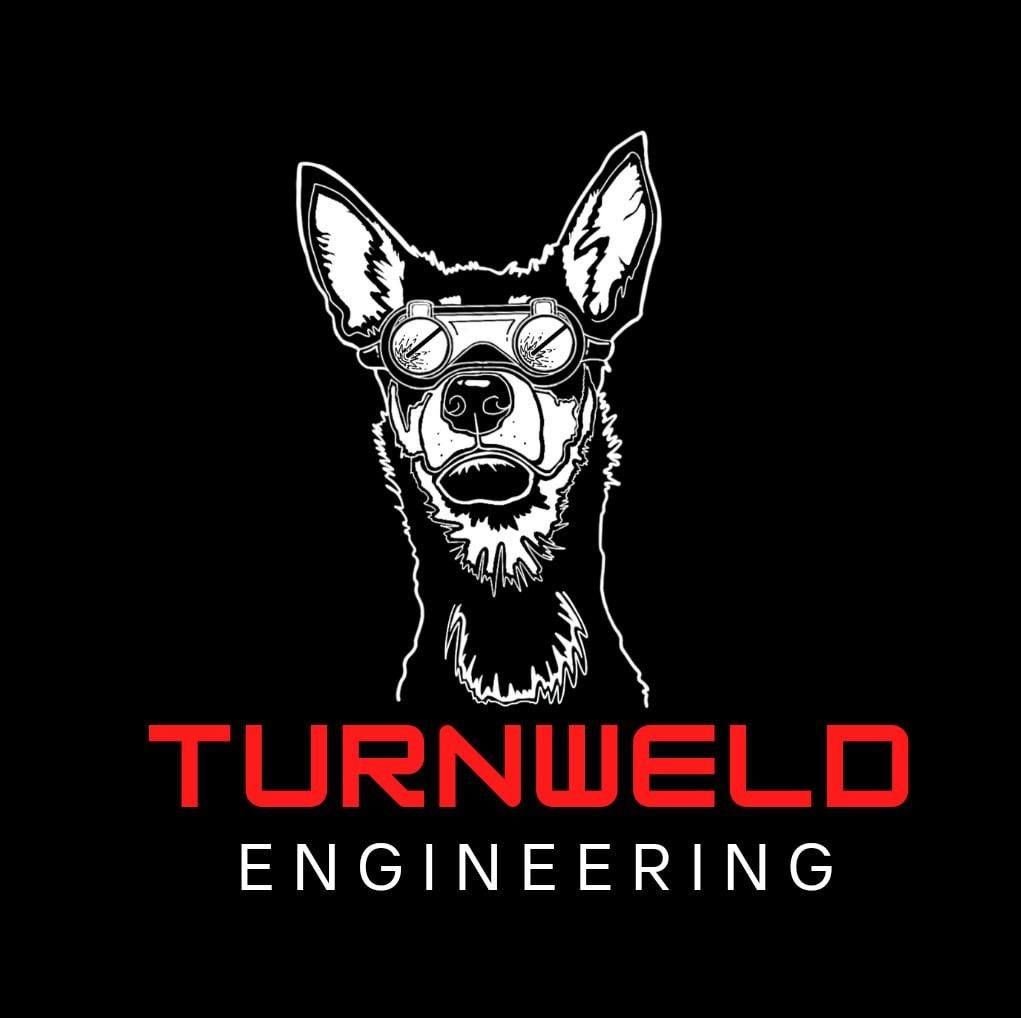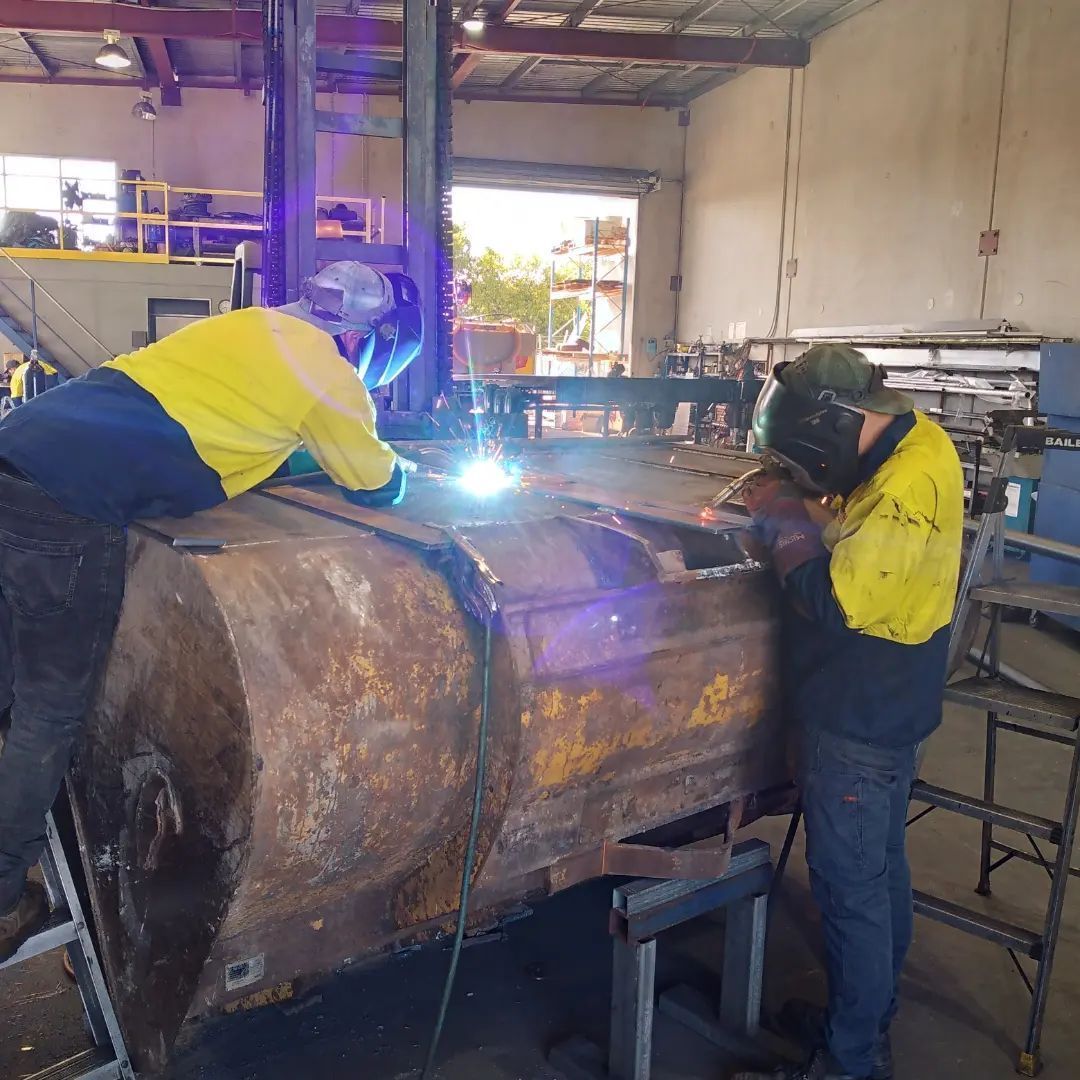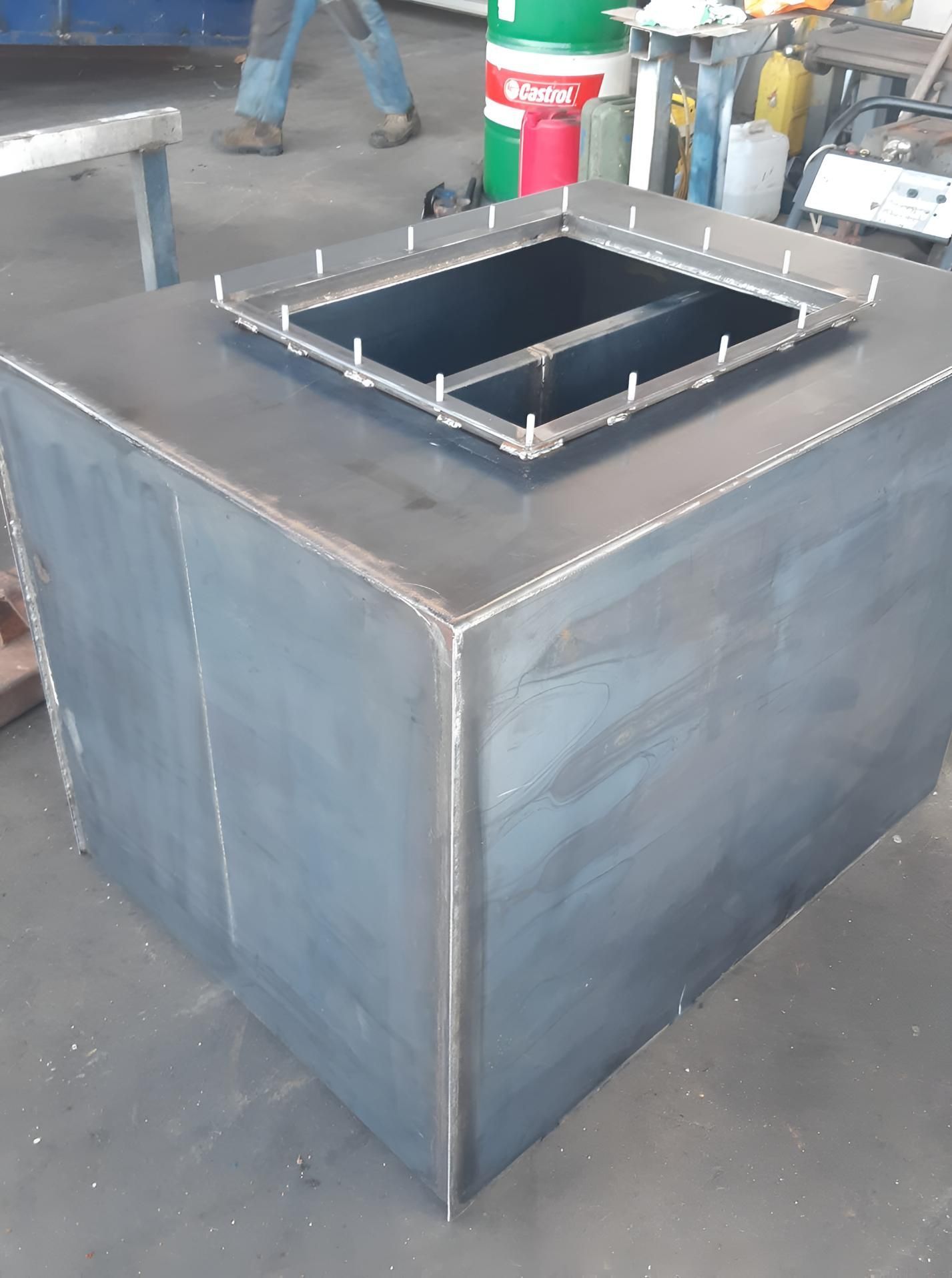Why Quality Matters In Metal Fabrication Services
In the world of construction, architecture, and large-scale property projects, metal fabrication plays a role far greater than simply cutting, welding, or shaping metal. It’s the foundation for structural stability, the hidden strength behind architectural features, and often the element that determines how a project performs over decades.
In regions where environmental challenges like high humidity, salty air, and strong winds meet demanding building codes, quality in metal fabrication services isn’t just desirable — it’s essential. Whether you’re a commercial builder, an architect, a property developer, or a local business owner, the standard of your fabricated metal components directly affects safety, compliance, and the life span of your investment.
The Role of Quality in Metal Fabrication
Metal fabrication is the process of turning raw metal materials into specific structures, components, or products, tailored to a project’s unique requirements. In construction, this can include anything from custom staircases and balustrades to load-bearing structural supports, marine fittings, and intricate architectural details.
When quality is prioritised, fabrication delivers:
- Structural integrity – ensuring that the component performs as intended under load and environmental stress.
- Precision fit – allowing seamless integration with other materials and components.
- Durability – resisting corrosion, fatigue, and wear over years of exposure.
- Aesthetics – producing a professional finish that complements the overall design.
Why the Sunshine Coast Environment Demands Higher Standards
Building on the Sunshine Coast presents unique challenges for metalwork:
- Salt-laden air accelerates corrosion in untreated or poorly protected metals.
- Tropical storms and strong coastal winds put additional stress on joints, welds, and fixtures.
- High UV exposure can degrade certain coatings and finishes over time.
Quality fabrication incorporates the right material choice, protective coatings, and precise workmanship to ensure that metal components can thrive in this environment — not just survive. Skipping these steps often leads to premature rusting, weakened structures, and costly repairs.
Key Factors That Define Quality in Metal Fabrication
1. Material Selection
The starting point for any fabrication project is choosing the right metal for the job. Quality-focused fabricators consider:
- Marine-grade stainless steel for maximum corrosion resistance in coastal applications.
- Aluminium alloys that are lightweight yet durable, ideal for marine, transport, and architectural projects.
- High-strength structural steel for load-bearing frameworks and large-scale builds.
The wrong material choice — or cutting corners on grade quality — can compromise both performance and safety.
2. Precision Engineering & Cutting
In metal fabrication, accuracy matters down to the millimetre. Components that are even slightly off-spec can cause misalignment, increased wear, and long-term performance issues. Advanced CNC machinery and laser cutting ensure:
- Perfectly measured parts
- Consistent results across multiple units
- Tighter joints for improved structural stability
3. Welding Expertise
The quality of welding directly affects a structure’s strength and safety. Skilled welders use techniques suited to the specific metal type and application, ensuring:
- Strong, even weld penetration
- Smooth, consistent seams with no weak points
- Compliance with Australian welding standards
In coastal areas, welds also need protection from corrosion, often through specialised coatings or post-weld treatments.
4. Protective Finishes
Even the strongest metal can fail prematurely if left unprotected in a harsh environment. High-quality fabrication includes:
- Hot-dip galvanising for steel structures to prevent rust.
- Powder coating for both aesthetics and added durability.
- Anodising for aluminium to increase resistance to corrosion and wear.
5. Adherence to Compliance & Standards
In construction and architectural applications, fabricated components must meet strict Australian Standards and, in some cases, industry-specific certifications. Quality fabricators ensure:
- Compliance with AS/NZS structural and welding codes.
- Full traceability of materials used.
- Documentation to satisfy building inspectors and engineers.
The Risks of Choosing Low-Quality Fabrication
The temptation to choose a cheaper option can be strong, but in the long term, low-quality fabrication often leads to:
- Safety hazards – from weak welds, misaligned parts, or inadequate load capacity.
- Early replacement costs – due to corrosion, structural failure, or non-compliance.
- Project delays – when components arrive out of spec and require rework.
- Reputational damage – for builders, architects, or developers delivering substandard results to clients.
In areas where environmental exposure is intense, these risks are amplified — meaning a small upfront saving can become a major expense later.
How Quality Fabrication Benefits Long-Term Outcomes
1. Enhanced Safety
From structural beams to safety railings, the reliability of fabricated metal directly influences the safety of workers, occupants, and the public. Quality ensures peace of mind for everyone involved.
2. Better Return on Investment
Durable, low-maintenance metalwork lasts longer, reducing the need for repairs or replacements over the life of the building or structure.
3. Superior Aesthetics
Precision fabrication results in clean lines, smooth finishes, and design consistency — all important for high-end residential and commercial builds.
4. Improved Performance in Harsh Conditions
With the right material, finish, and fabrication technique, metal components can withstand Ballina’s salt air, storms, and intense sun for many years without deterioration.
5. Compliance Confidence
Knowing that your components meet Australian Standards avoids costly retrofitting and ensures your project passes inspections without delay.
Common Applications for High-Quality Metal Fabrication on the Sunshine Coast
- Architectural features – staircases, balustrades, gates, and custom facades.
- Structural components – beams, columns, and support frames.
- Marine fittings – boat trailers, pontoons, and jetty structures.
- Industrial equipment – conveyors, platforms, and safety barriers.
- Commercial shopfitting – shelving, counters, and display units.
These applications often require a blend of strength, aesthetics, and environmental resilience — making quality fabrication non-negotiable.
Signs You’re Working with a Quality Metal Fabrication Service
- Proven local experience with coastal projects.
- Detailed consultations to understand your project requirements.
- Access to advanced machinery and modern fabrication techniques.
- Clear communication on timelines, costs, and compliance.
- Portfolio of completed projects across relevant industries.
Need Expert Metal Fabrication on the Sunshine Coast?
For businesses, developers, and property owners seeking
metal fabrication near you that delivers on strength, precision, and durability,
Turnweld Engineering provides expert services tailored to the Sunshine Coast’s unique needs. From structural steel and aluminium welding to custom architectural metalwork, our team ensures every project meets the highest standards of quality and compliance. Want to discover more about our
metal fabrication services on the Sunshine Coast?
Contact us today to discuss your next project.









